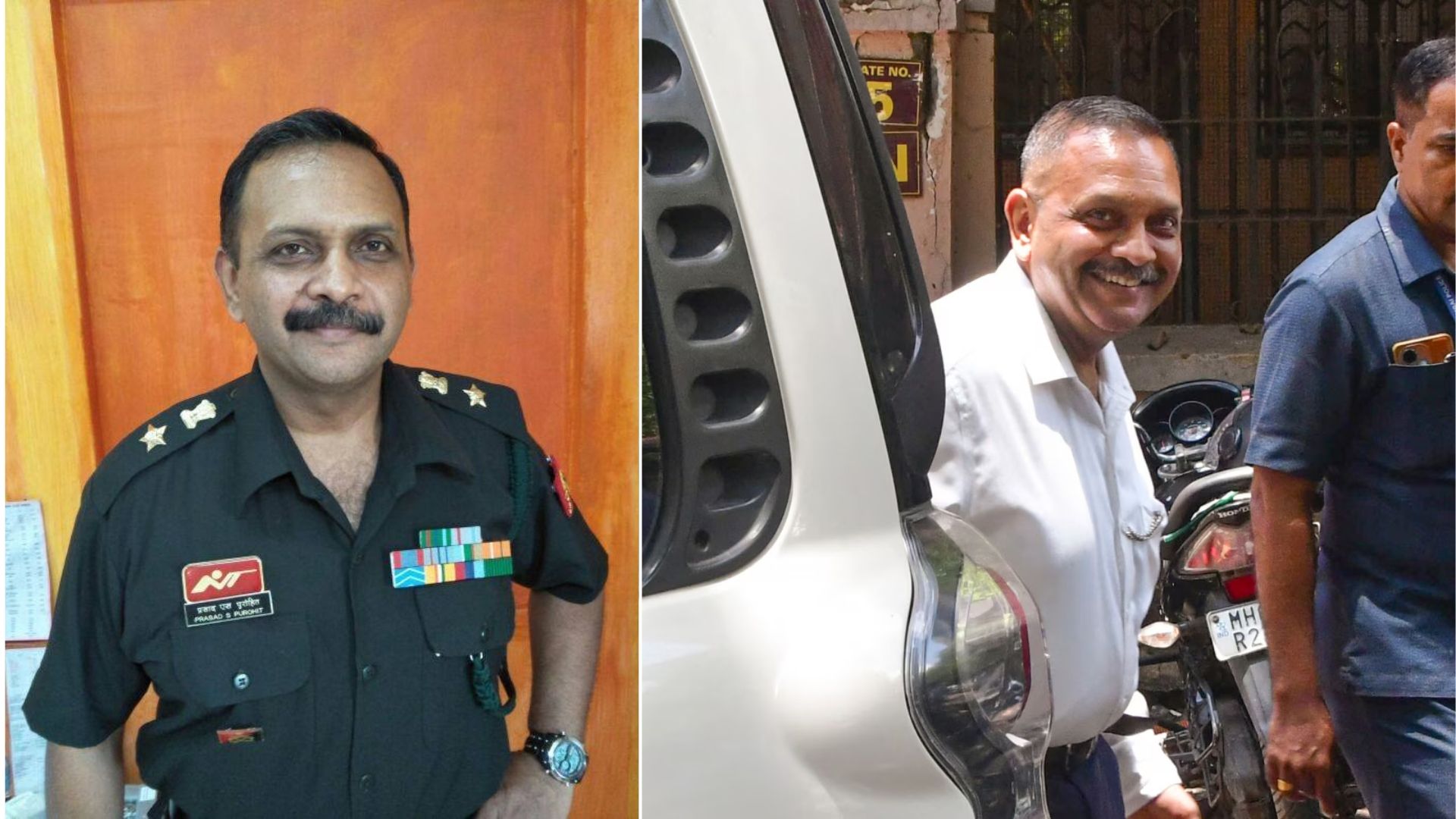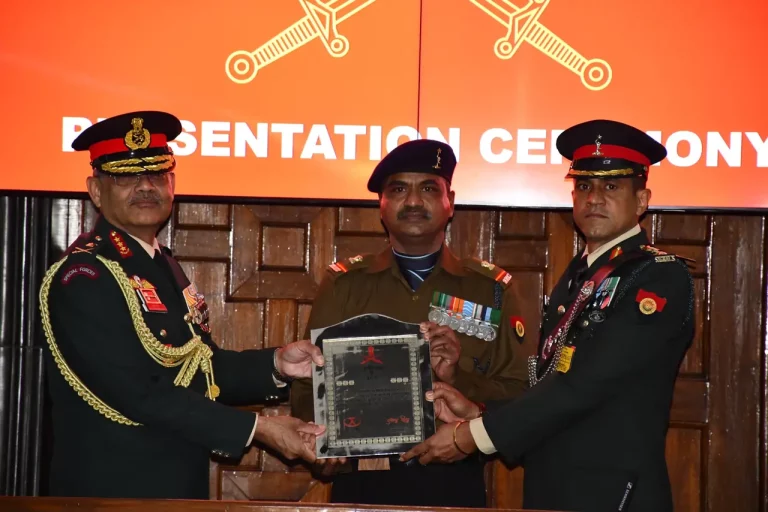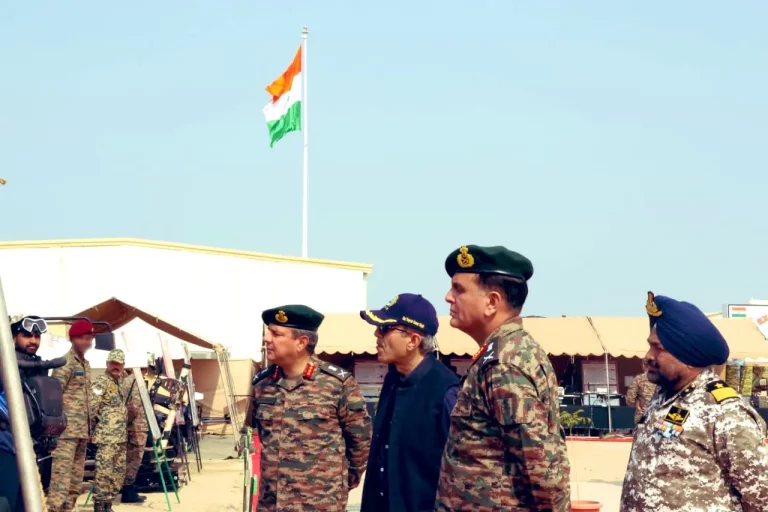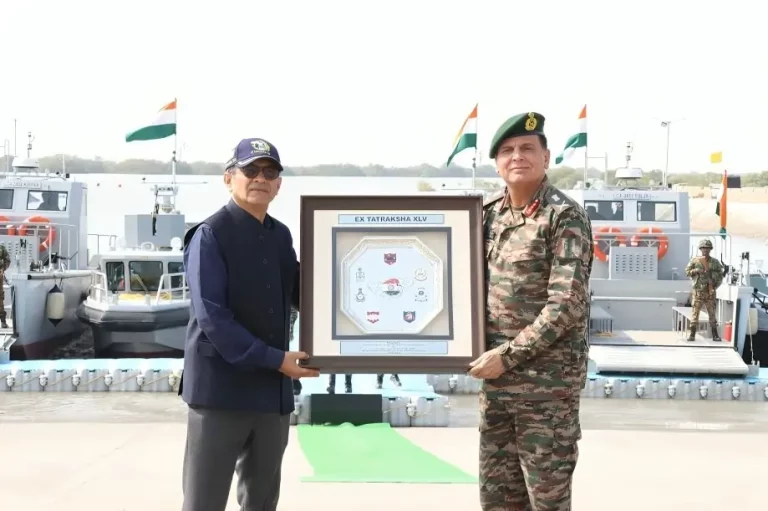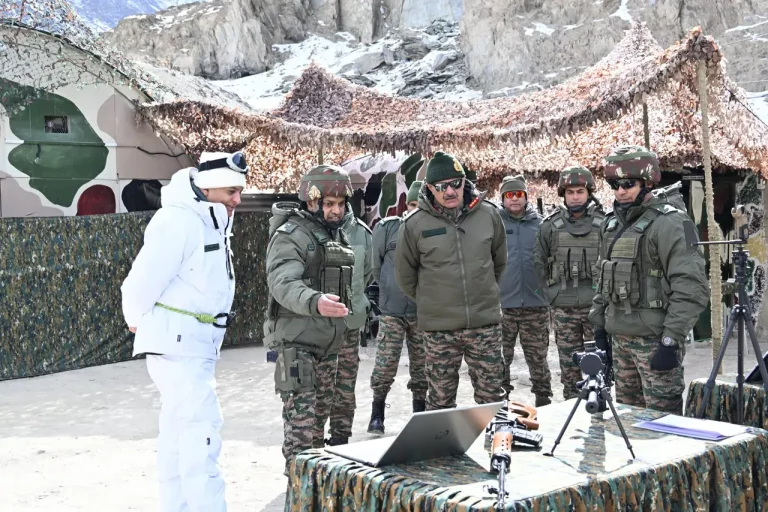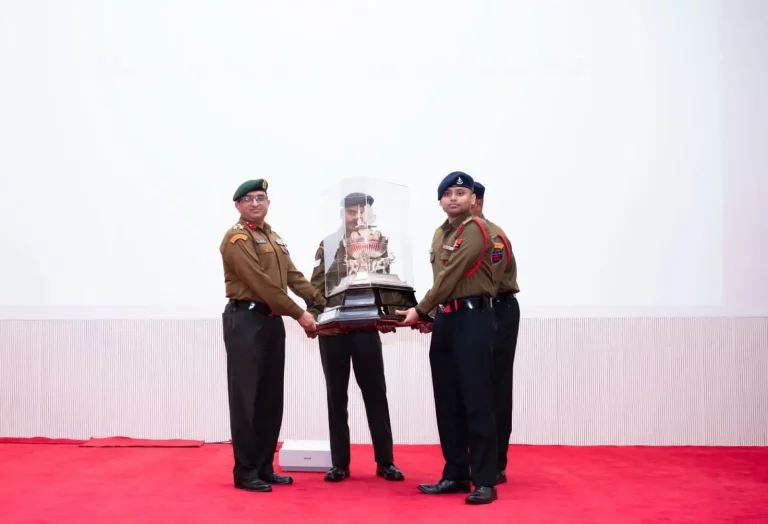In a pivotal ruling, a special National Investigation Agency (NIA) court in Mumbai has acquitted Lieutenant Colonel Prasad Shrikant Purohit and six others connected to the 2008 Malegaon blast case, citing a lack of sufficient evidence and various irregularities during the investigation.
Following the verdict, Colonel Purohit expressed his emotions, stating, “I am a soldier who loves this country immensely. The country must always remain supreme and its foundations strong.” His remarks conveyed a mix of relief and deep patriotism after being embroiled in one of India’s most controversial terror-related cases for over 15 years.
Colonel Purohit faced accusations related to the September 2008 blast in Malegaon, Maharashtra, which resulted in six fatalities and over a hundred injuries. He was arrested in the same year and spent nearly nine years in detention before being released on bail in 2017. His recent acquittal represents a significant turning point in a case that has captured the national spotlight, given its political and military ramifications.
Reflecting on the hardships he endured, Purohit stated, “I have been victimised by mentally disturbed and sick individuals,” suggesting that certain influential figures had misused their positions against him. He added, “We had to endure it.”
The special court pointed out numerous inconsistencies in the prosecution’s case, noting the absence of conclusive evidence linking Purohit directly to the planning or execution of the blast. The judges emphasized technical flaws, including an improper spot panchnama and a failure to definitively connect the motorcycle involved in the explosion to the accused.
The court also underscored that strong suspicion alone cannot replace concrete legal proof in a criminal trial. It stated, “It could not be established that the motorcycle alone was used in the blast, nor was there any evidence to show that Prasad Purohit kept RDX at his residence.”
During the court proceedings, Purohit expressed gratitude towards the judiciary for reinstating his opportunity to serve his country. “I thank you for giving me a chance to serve my nation and my organisation with the same conviction I had before I was framed. I don’t blame any organisation; it is the individuals inside these organisations who have done wrong,” he remarked.
This verdict effectively closes a controversial chapter in India’s counterterrorism narrative, yet it raises crucial questions about the politicization of investigations and the necessity for accountability within institutions. While the legal aspect of the case may have reached a conclusion, the wider discourse surrounding the implications of the judgment continues to provoke discussion across various forums.
